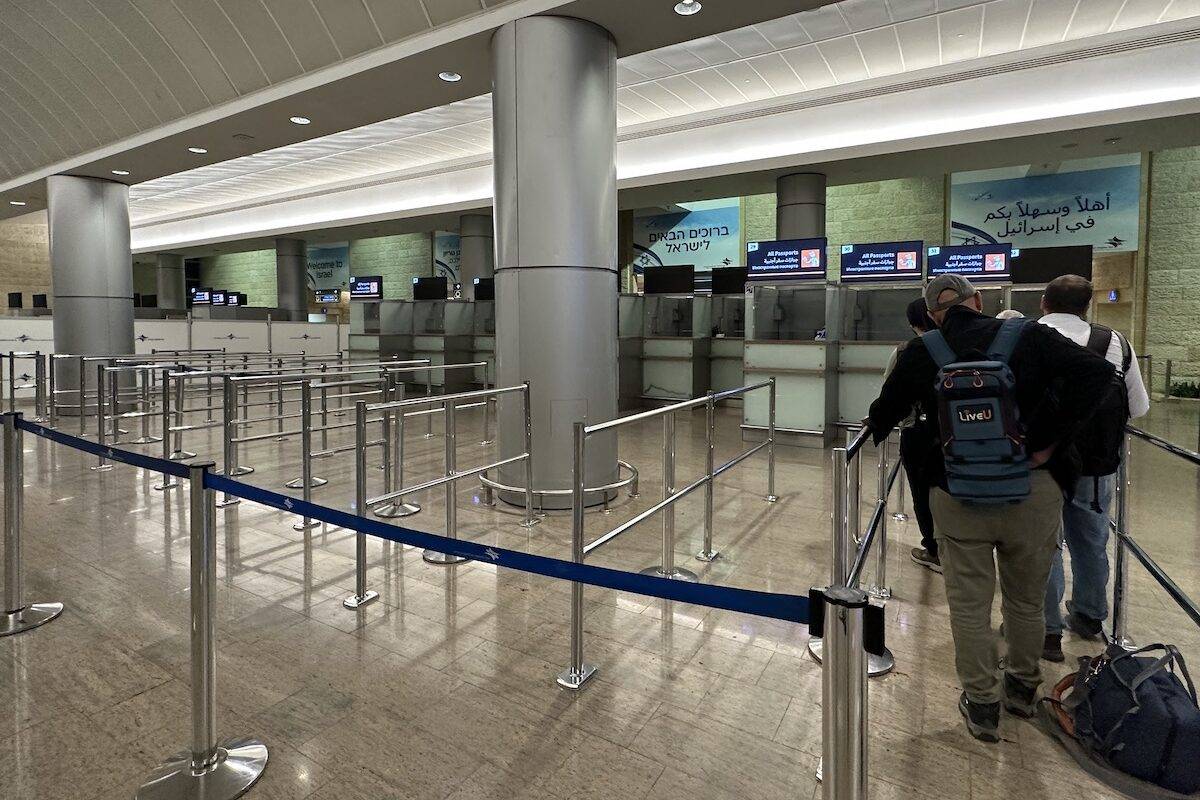Alwaght- The expansion of the shadow of war on the Israeli regime over the past seven months has had massive negative economic repercussions for a majority of the Israelis. Meanwhile, one of the most effected sectors is tourism that has been paralyzed according to various emerging reports.
The fact is that one of the main sources of income and economic circulation in Israel is tourism industry.
According to OECD-iLibrary.org website, in 2022, tourism directly accounted for 2.8 percent of GDP and about 2.5 of all employment, which includes 141,000 direct jobs and 230,000 total jobs related to tourism that accounts to roughly 6 percent of total number of the employed population. Also, the revenues from international tourism of Israel are said to be around $5.8 billion, which equal 5 percent of the total amount of Israeli exports.
In 2022, the number of tourists visiting the occupied territories surged again, reaching 2.6 million people after the recession the sector experienced during the years of the coronavirus outbreak. While Israel hosted 4.1 million foreign tourists in 2018, this number reached 4.5 million people at its peak in 2019.
However, the tourism industry declined sharply after the October 7 and the subsequent war in Gaza.
War and its negative impacts has affected the foreign tourists' tendency to visit the occupied territories as, indeed, security, is the most important need of tourists. This issue is even more important when it comes to territories where there is Al-Quds and the holy Al-Aqsa Mosque due to their religious significance.
In the days of war, at least 25 American tourists were killed. Israeli foreign ministry asked American travelers to "reconsider" their trip to Israel and the West Bank and advised them "not to travel" due to "terrorism, civil unrest and armed conflicts" in the Gaza Strip. The situation for tourists in Israel remains risky and combustible.
Statistics show that only 58,600 tourists visited Israel in January, which represents a 77-percent decrease compared to 257,400 tourists who visited Israel in the same month last year. According to monthly figures published by Israel's Central Bureau of Statistics (CBS), only 500 one-day visits to Israel were recorded in January, a 96 percent drop compared to 14,000 in January 2023.
Also, far fewer Israelis are traveling abroad, and most international airlines are yet to resume service in Israel.
In January 2024, 281,400 Israelis traveled to other countries, showing a decrease of more than 50 percent compared to 611,100 in January 2023.
Last month, CBS released annual tourism data for 2023, showing a sharp fall at the end of the year because the war began during the busiest tourism quarter of the year, which includes the Christmas holidays.
After war began, many international airlines suspended their flights to Israeli regime and many of them have not yet resumed their services. A day after October 7 operation launched by Hamas in retaliation for the Israeli atrocities across the occupied territories, the Israeli ministry of tourism ordered halting activities of tours, directing the tourists to stay in hotels or cruise ships and yachts.
Though Ben-Gurion Airport remains open, several airlines have stopped their flights to the occupied territories. Many hotels are shut down or busy providing relief services. Also, natural attractions, historical sites, and national parks have been closed down and cruise lines have left the Israeli ports.
Also, the labor crisis has affected the tourism sector. The fleeing of several thousand foreign workers, the closing of factories, the fleeing of foreign investment, as well as the intensification of the migration of settlers and the professional class, including doctors, have exposed the service sector to collapse.
Inbal Baum, a hotelier and owner of a food production company in Israel, says that restaurants cannot reopen right now because their employees are completely called up to serve in the army. She adds that all the chefs across the occupied territories are serving in the army.
Leon Avigad, another Israeli hotelier, suggests that he is struggling with the possibility of hotels being shut for a long time. Half of the 27 hotels of his brand, Brown Hotels, which are in Al-Quds, Tel Aviv, and Greece are shut down and can cost millions of shekels to reopen.
Across Israel and occupied West Bank, the hotels are empty and at least 6 companies have halted their tours to main destinations like Al-Quds and Tel Aviv.
A hotelier suggests that with the majority of Israeli hotels empty, one of the biggest chain hotels in Israel, Isrotel, is on the brink of temporary closure. "We rely on tourism for living. We had covid crisis and are have been recovering and waiting for return of the tourists. Now the tourism sector is collapsed."
Elyas al-Arja, the head of Arab Hotels Union, says that 90 percent of hotels in the West Bank are empty. In the beginning of war, Dan and Isrotel chain hotels said they provide rooms to those fleeing border areas with Gaza.
Actually, continuation of war has not just brought about destruction to Palestine, but also, according to documents provided in this report, the Israeli tourism sector is drifting to paralysis in the absence of clear prospects to end of war. This is just one among many damages the Israeli economy has taken from war.



























